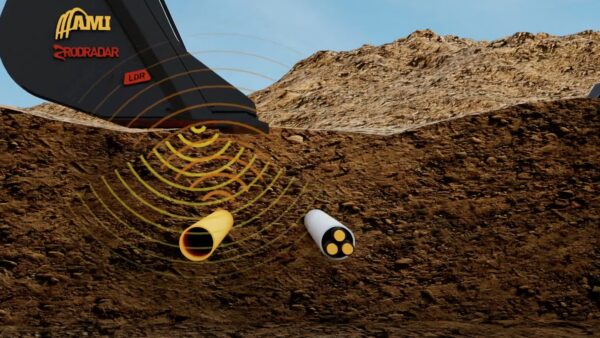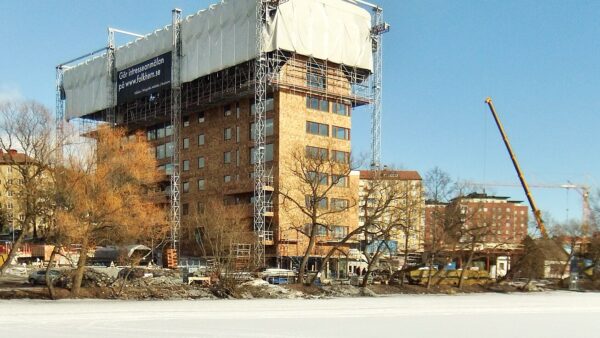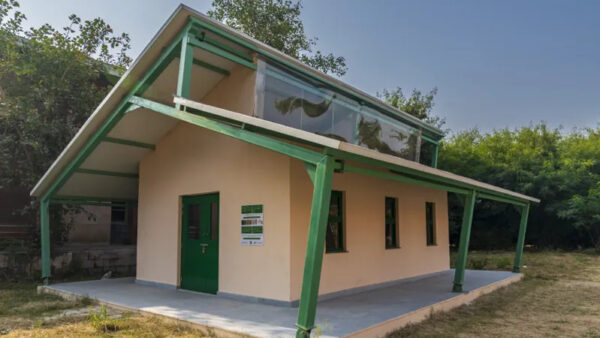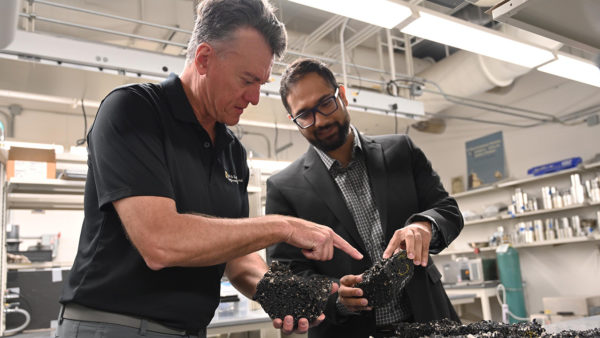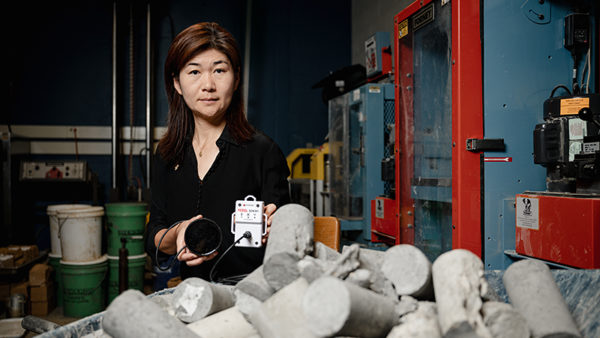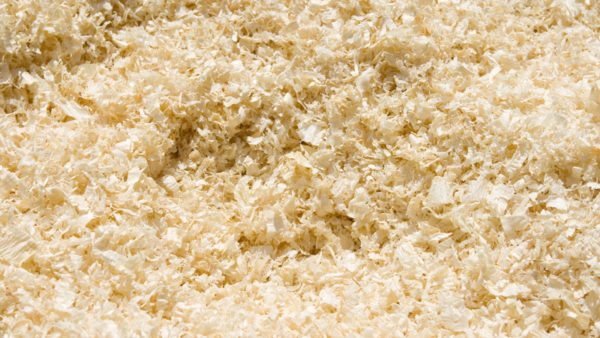A young female civil engineer in Gaza has been recognised internationally for inventing a concrete building block made from recycled rubble and ash, which makes the blockaded territory less reliant on imported aggregate and cement as it struggles to rebuild.
Majd Mashharawi, 24, spent years perfecting the mix after graduating from the Islamic University of Gaza.
Using materials of which Gaza has plenty – rubble from buildings destroyed in successive wars, and ash from heating, cooking and power generation – the block is seen as helpful both for reconstruction and for imparting a sense of dignity and resourcefulness among Gazans.
Seventeen thousand homes were destroyed in the last war with Israel, and reconstruction is hampered by Israel’s blockade of the territory, into which 2 million people are crowded.
Called “Green Cake”, the invention has won an innovation prize in Japan, and its inventor has been designated one of the “Most Creative People” in 2018 by the Fast Company media outlet.
Earlier this month, Mashharawi was featured on a BBC World Service documentary charting the progress of her enterprise.
In it, Mashharawi says Gazans should not just rely on international aid, but should strive for self-sufficiency.
“It feels like you are doing something (for) your country. You are not just shouting and saying we want to be free,” she said. “You’re not just seen as victims. We can build. We are our future.”
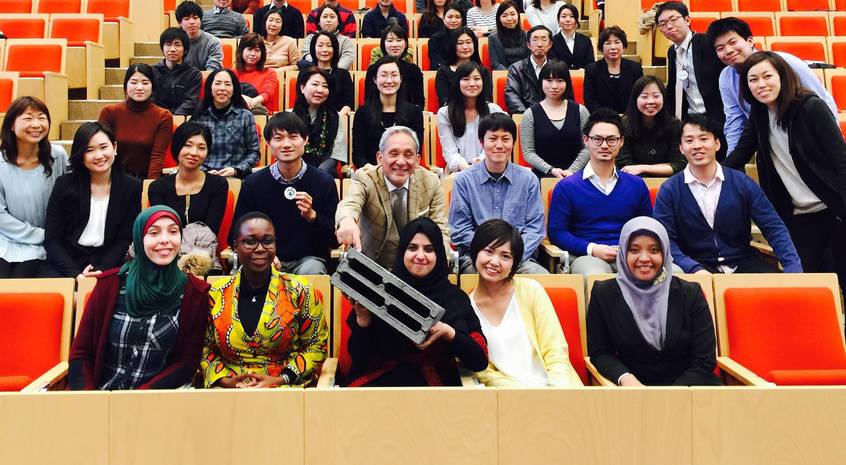
Majd Mashharawi at the Japan Gaza Innovation Challenge (via Facebook)
This view is echoed by one of her customers, named as Mohamed in the documentary, who is building a five-story apartment building with the blocks.
“We need achievements like this in our country because we need to grow up,” he said. “We don’t need anyone to help us. We need our hands, to build ourselves.”
Mashharawi’s recipe for the blocks went through 200 iterations before she arrived at one with sufficient structural strength.
Her block’s reputation was then boosted when she won, jointly with other entrants, the Japan Gaza Innovation Challenge in 2016, in the process of which the block passed independent strength tests.
She says the black-coloured blocks are called “green” because they divert ash from landfill, where it damages Gaza’s soil, and “cake” because of the air pockets in the finished block.
At a rented factory employing 10 people, the mixture is made, moulded into blocks, which are left to dry. More water is then applied to aid curing.
Production capacity is limited, however, by frequent disruptions of the electricity supply from Israel, but the blocks have been sold for building in Gaza for the past year.
The blocks do require cement, which must be imported from Israel, but they require smaller quantities than a standard concrete block, and the use of concrete rubble and ash cuts out the need for imported sand and aggregate.
Mashharawi told the BBC she would like to scale up the enterprise, but that investors are reluctant given Gaza’s volatile political situation. Her prize money from Japan is helping to keep the business afloat.
“What she’s doing is absolutely fantastic,” said structural engineer Dr. Andrew Minson, a sustainable material specialist and executive director of London headquartered MPA – The Concrete Centre.Â
“Concrete is a material that can be made from … different recipes, and the recipes you need to use are dictated by what materials you have available, but also by what you want to achieve with the products,” he told the BBC.
Meanwhile, the entrepreneur has begun marketing her design for a low-cost solar kit, called SunBox.
Top image: Majd Mashharawi poses next to a wall built with her “Green Cake” blocks (via Facebook)





